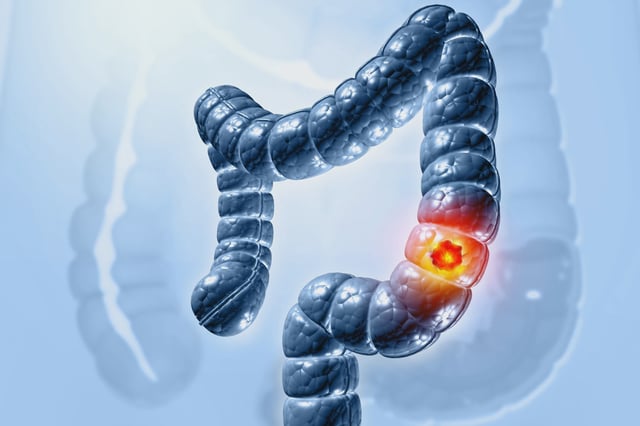Overview
- A UCSD-led study published in *Nature* reveals that colibactin, a toxin produced by certain E. coli strains, leaves distinct DNA mutations linked to colorectal cancer in young adults.
- Colibactin-related mutations were found to be 3.3 times more common in colorectal cancer cases diagnosed before age 40 compared to cases in patients over 70.
- Early-life exposure to colibactin, particularly before age 10, is believed to imprint genetic changes that can accelerate cancer development by decades.
- Researchers are developing stool-based diagnostic tests to detect colibactin-related mutations, though no clinical tests are currently available.
- The study highlights the urgent need for further investigation into how children are exposed to colibactin-producing bacteria and strategies for prevention, as funding challenges threaten continued research.

